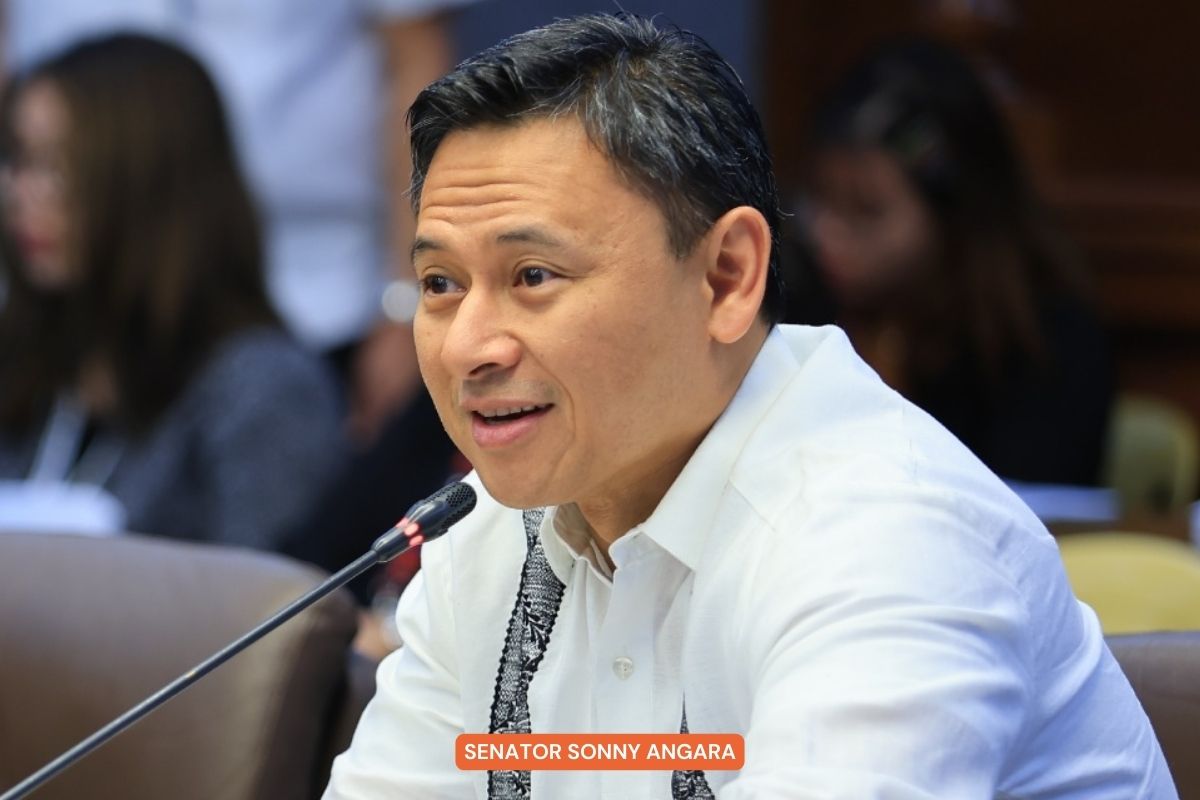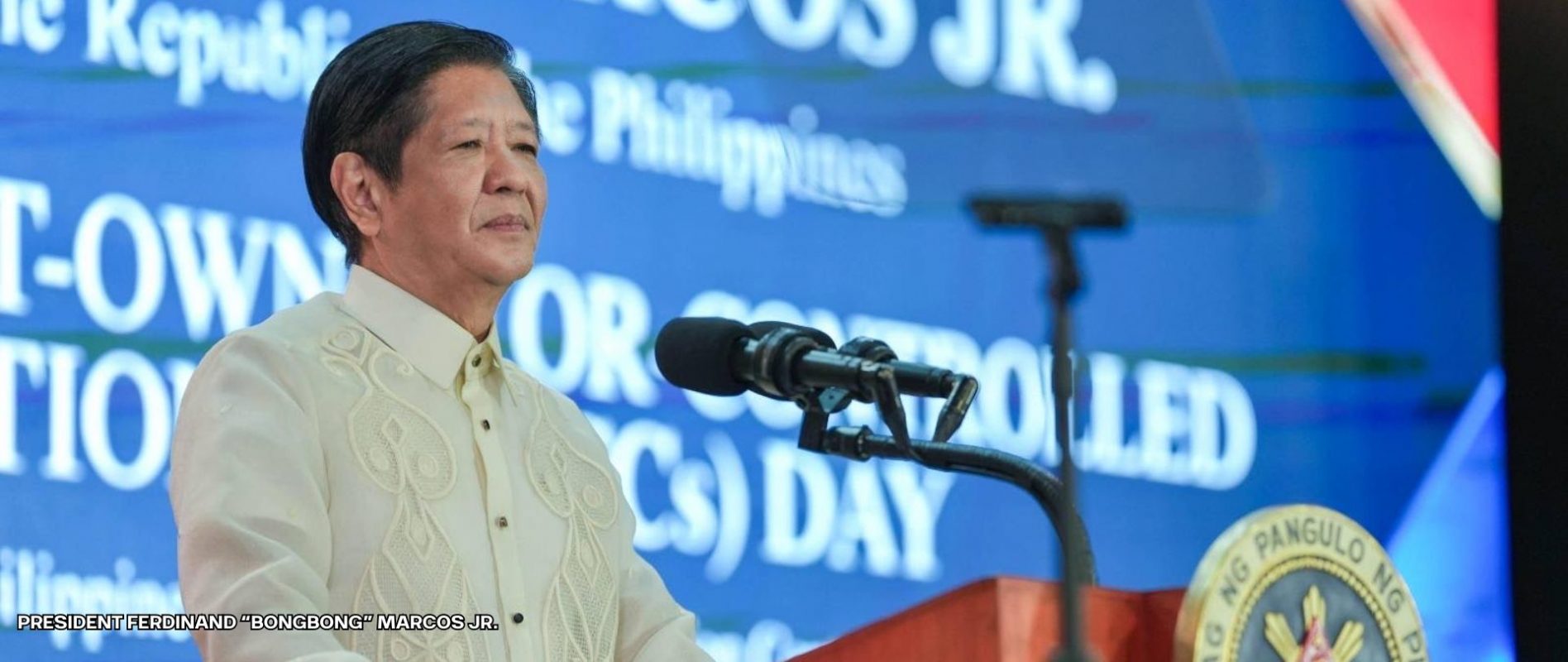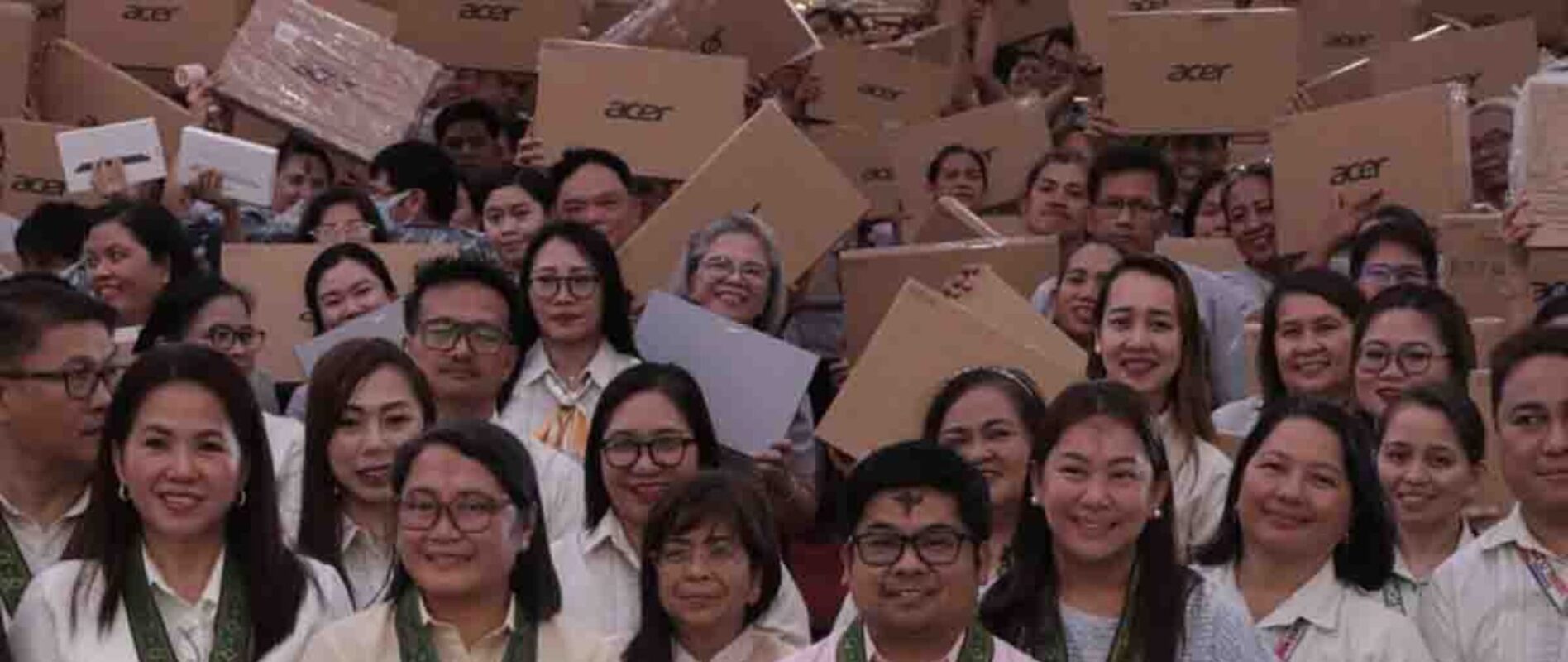SENATOR STANDS FIRM ON KEEPING BASIC EDUCATION CLOSED TO FOREIGN INVESTMENT
SENATE Subcommittee on Constitutional Amendment Chairman Juan Edgardo Angara on Tuesday reiterated his stand on keeping basic education closed to foreign investment, stressing the importance of preserving values formation and nationalism instilled in the country’s basic education system.
SENATE Subcommittee on Constitutional Amendment Chairman Juan Edgardo Angara on Tuesday reiterated his stand on keeping basic education closed to foreign investment, stressing the importance of preserving values formation and nationalism instilled in the country’s basic education system.
“You can rest assured we will not open up basic education. That was touched on by several resource persons. Maraming nagsabi last week na hindi nga dapat buksan,” Angara said.
Angara made the statement after hearing the position of the Department of Education against the proposal to allow foreign ownership in education by amending Paragraph 2, Section 4, Article 14 of the Constitution.
Highlighting the significance of values and national identity, Angara emphasized that the intention from the beginning was never to open up basic education to foreign investment.
“At the outset of the educational institutions’ session, we already said the intention was not to open up basic education because of the importance of values formation, nationalism, among others, exactly what you said,” Angara told DepEd Assistant Secretary Francis Cesar Bringas.
Angara clarified during the previous hearings that the committee would focus on the proposal to open up the country’s higher educational institutions to foreign investment, as he advocates for full Filipino ownership of basic education.
Bringas stated that DepEd opposes the proposed amendment to allow foreign entities to control and administer educational institutions in the Philippines, citing its far-reaching consequences and serious implications for the Department’s mandate and functions.
DepEd cautioned that the proposal to include the phrase unless otherwise provided by law in the constitutional provision could potentially serve as a gateway to expand the scope of control and administration over educational institutions, not solely by citizens of the Philippines, but by other entities as well.
The education department expressed concern that such amendments may expand the scope of control over education, potentially allowing foreign entities to teach, which could affect the implementation of the curriculum and the cultivation of learners’ sense of nationality and identity as Filipinos.
It also highlighted risks to national security, as the proposed amendments may diminish oversight and expose educational institutions to external influence.














